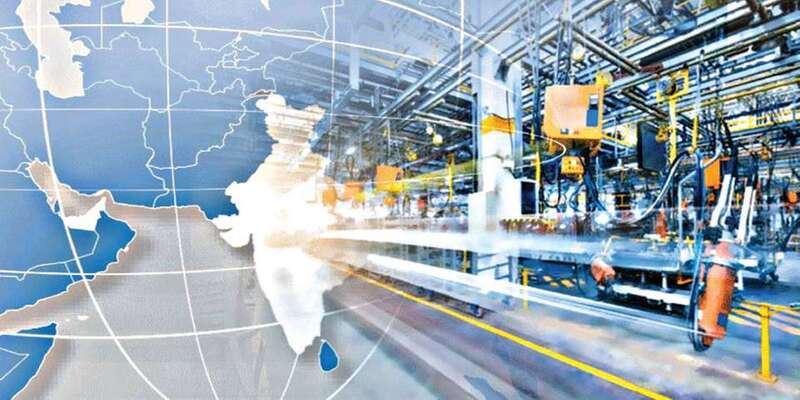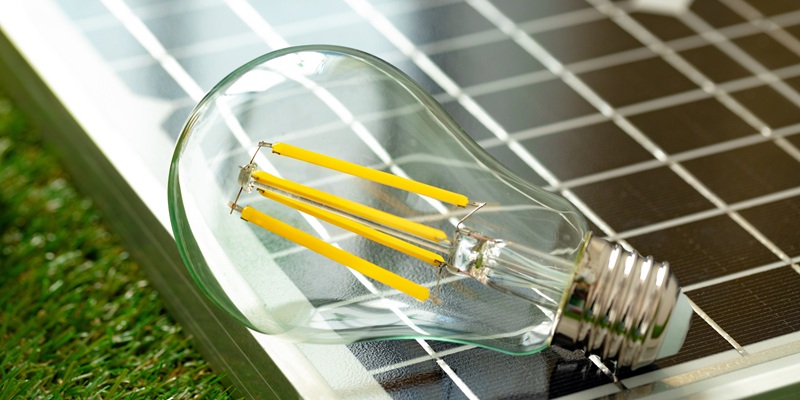Schedule a Call Back
FDI in manufacturing increases by 76% due to PLI Schemes
 Industry News
Industry News- Jun 15,23

Related Stories

SiMa.ai Partners Kaynes Semicon to Advance Physical AI Manufacturing in India
SiMa.ai has partnered with Kaynes Semicon to co-develop Make in India Physical AI systems and defence-focused AI solutions, accelerating adoption across industrial, automotive, aerospace and defence..
Read more
CEAT Partners CleanMax for 59 MW Hybrid Wind–Solar Power Project
CEAT has partnered with CleanMax to source ~59 MW of hybrid wind–solar power for its Halol and Kanchipuram plants, boosting clean energy use to around 60 per cent and cutting emissions significant..
Read more
JK Tyre Inaugurates Phase III Expansion at Banmore PCR Plant
JK Tyre has commissioned Phase III expansion at its Banmore PCR facility in Madhya Pradesh, raising capacity to 30,000 tyres per day as part of Rs 10 billion multi-phase investment.
Read more












